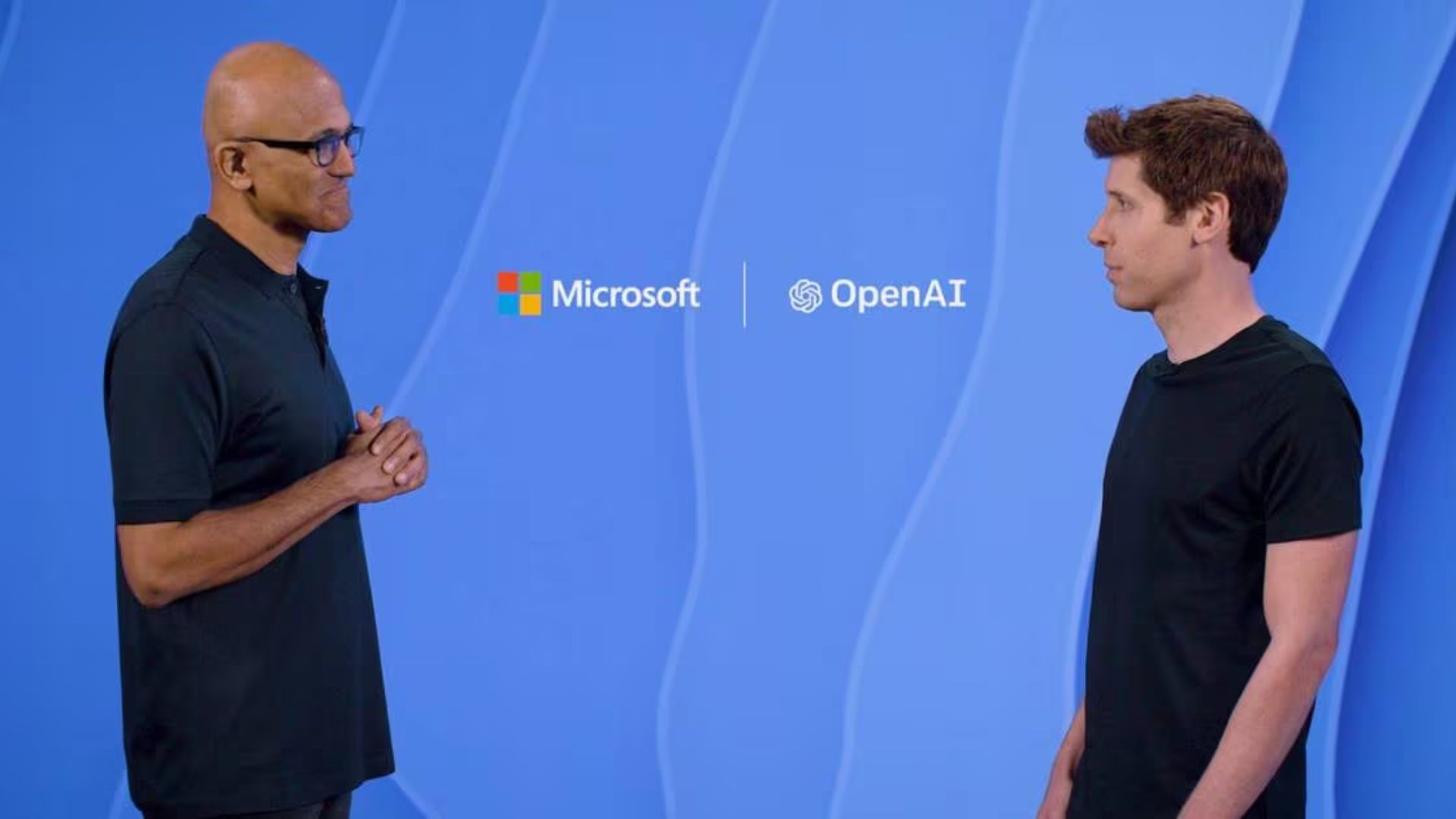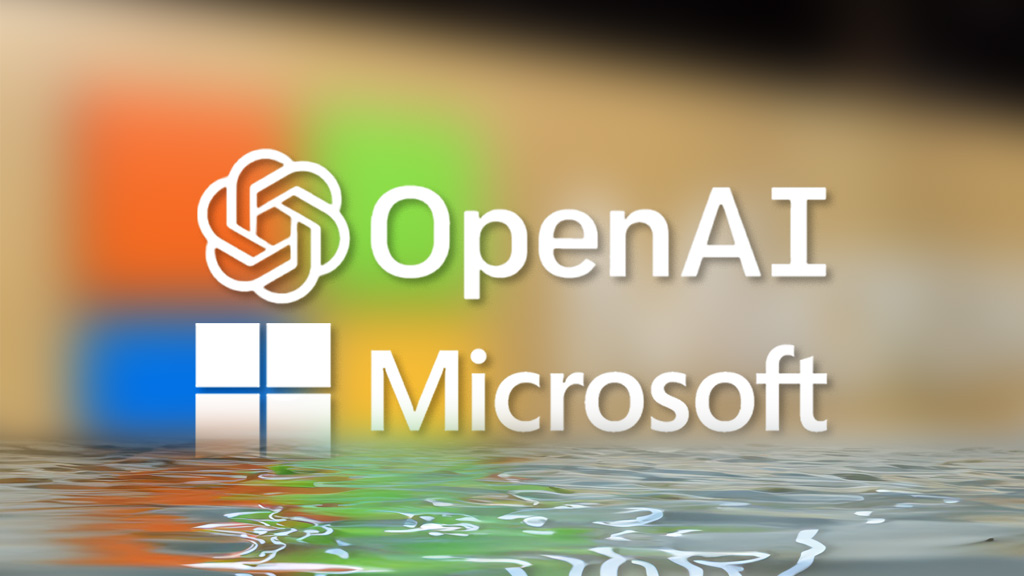
What you need to know
- In the past few years, Microsoft has worked closely with OpenAI to further its advances in the generative AI landscape across its products and services, especially after making a multi-billion investment.
- Microsoft Insiders recently lodged complaints citing that the tech giant is leaning on OpenAI for its AI advances, seemingly turning it into a "glorified IT department for the hot startup."
- A former Microsoft executive says that the partnership between OpenAI and Microsoft has led to the death of products like Azure Cognitive Search, Azure AI Bot Service, and Kinect DK.
While things may seem fine around the Microsoft-OpenAI partnership, Microsoft Insiders recently lodged complaints citing that its AI strategy is too centered on its partnership with OpenAI (via Business Insider). For some, Microsoft has become an overnight "glorified IT department for the hot startup."
Business Insider reports that Microsoft's partnership with OpenAI has negatively impacted its AI Platform team which is central to homegrown AI advances and development. However, progress on these front has been stunted with Microsoft inclining more toward OpenAI for most (if not all) of its AI advances.
The complicated nature of Microsoft and OpenAI's relationship contributed to the loss of one of the top executives in the company, who said products like Azure Cognitive Search, Azure AI Bot Service, and Kinect DK are practically dead.
According to the executive:
"The former Azure AI is basically just tech support for OpenAI. Eric Boyd is effectively maintaining the OpenAI service. It's less of an innovation engine than it once was. Now it's more IT for OpenAI. The beating heart of innovation is elsewhere."
But in response, Frank Shaw, a Microsoft spokesman indicated that the products and services still exist, it's just that they have been either rebranded or bundled up with other products.
While this isn't a good look for Microsoft, the source indicated, "It's not very innovative, but it's a good business strategy." Adding to the complicated relationship between Microsoft and OpenAI, the source disclosed that Microsoft employees work closely with OpenAI staffers to the extent that both have clearance to visit each other's offices and more.
When did the rain start beating the Microsoft-OpenAI partnership?

Microsoft has undoubtedly placed all its bets on generative AI, especially after plunging a multi-billion dollar investment in the technology, further extending its partnership with OpenAI. Since then, the tech giant has integrated AI across most of its products and services.
It's no secret that OpenAI and Microsoft have a rather complicated relationship. In hindsight, it all started when OpenAI's board of directors spontaneously decided to fire CEO Sam Altman, only to reinstate him back to his position a week later.
The reasoning behind this decision remains unclear, but it has been pointed out that Altman's leadership skills and lack of communication were among the main issues. The decision to fire Altman was received with a lot of backlash from OpenAI staffers who, in solidarity with their CEO, threatened to quit if he wasn't given back his job, further citing that "OpenAI is nothing without its people."
Interestingly, Microsoft remained on the sidelines during the whole OpenAI fiasco. However, the tech giant was reportedly gearing up to absorb hundreds of OpenAI staffers into its advanced AI research team at its LinkedIn offices in San Francisco. The new department was set to run with Sam Altman and OpenAI co-founder Greg Brockman leading its operations.
Elon Musk recently moved to court and filed a lawsuit against OpenAI for veering off its initial mission and vision while starting up — to make AI readily accessible for everyone without making any profit from these ventures. Musk has openly shared his strong opinion about AI, citing that we're on the verge of the biggest technology revolution with AI, but there won't be enough electricity by 2025.







